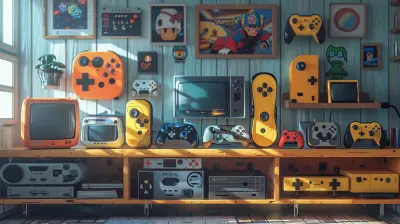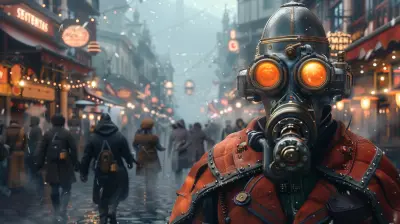How Social Simulation Games Reflect Real-Life Interactions
9 August 2025
Ever played a game where you found yourself talking to virtual neighbors, managing your household, or even stressing over what to wear for a digital date? Yeah, me too. That’s the magic of social simulation games. They don’t just entertain—they mimic the way we live, interact, and relate to others in the real world.
In this article, we’ll break down how social simulation games mirror real-life relationships and behaviors. Get ready to dive into a fascinating world where pixels get personal and gameplay gets real.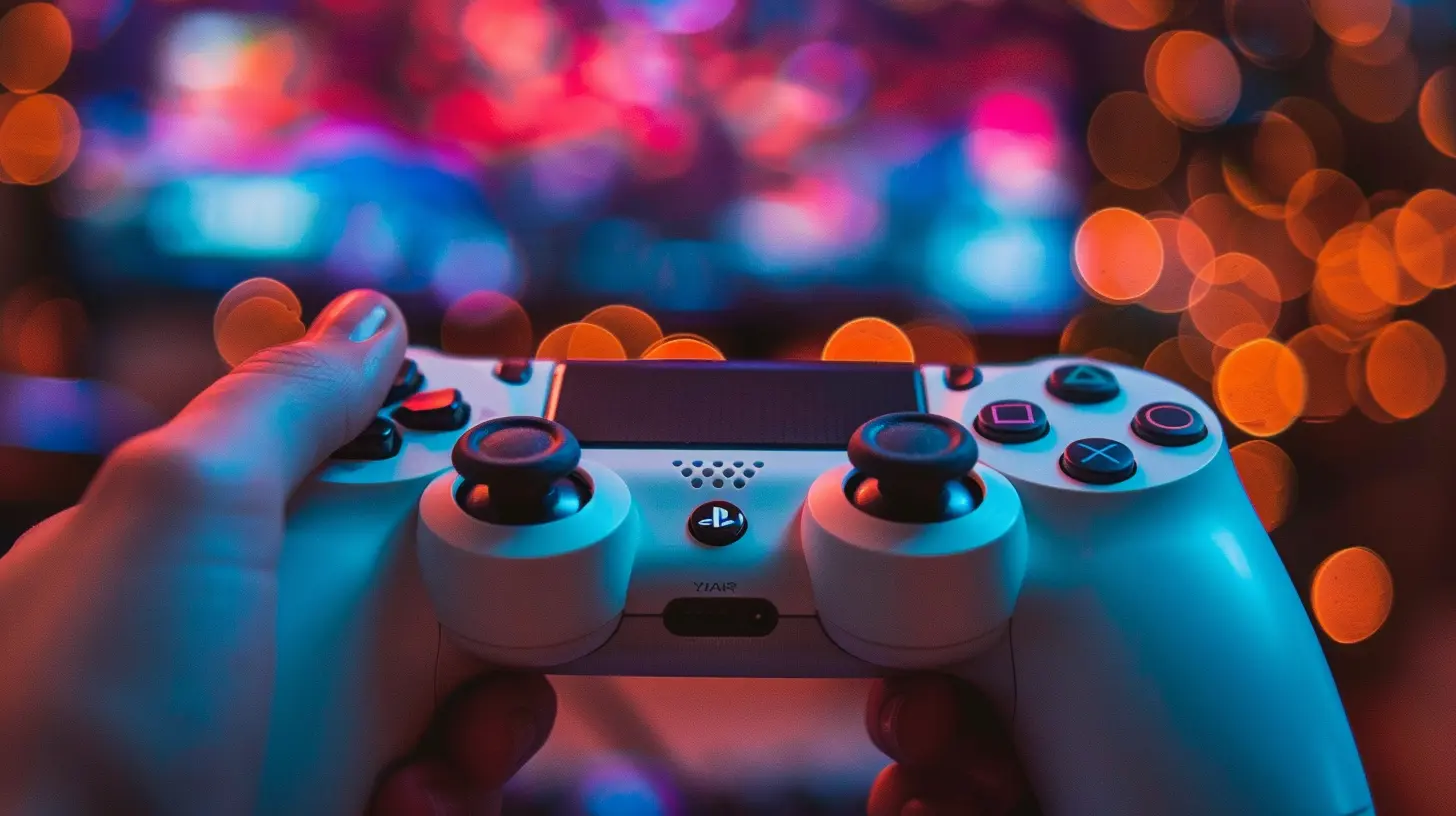
What Are Social Simulation Games, Anyway?
Let’s start with the basics.Social simulation games (SSGs for short) are a genre where the gameplay revolves around interacting with other characters, typically in a community or household setting. Think Animal Crossing, The Sims, Stardew Valley, Second Life, or even Tomodachi Life. These games focus heavily on the dynamics of human (or animal!) relationships, often complete with drama, flirting, friendship, and more.
Unlike action-packed shooters or sports simulators, social simulation games slow things down. They let you observe, connect, and experience life from a different perspective—or sometimes, from the one you already live.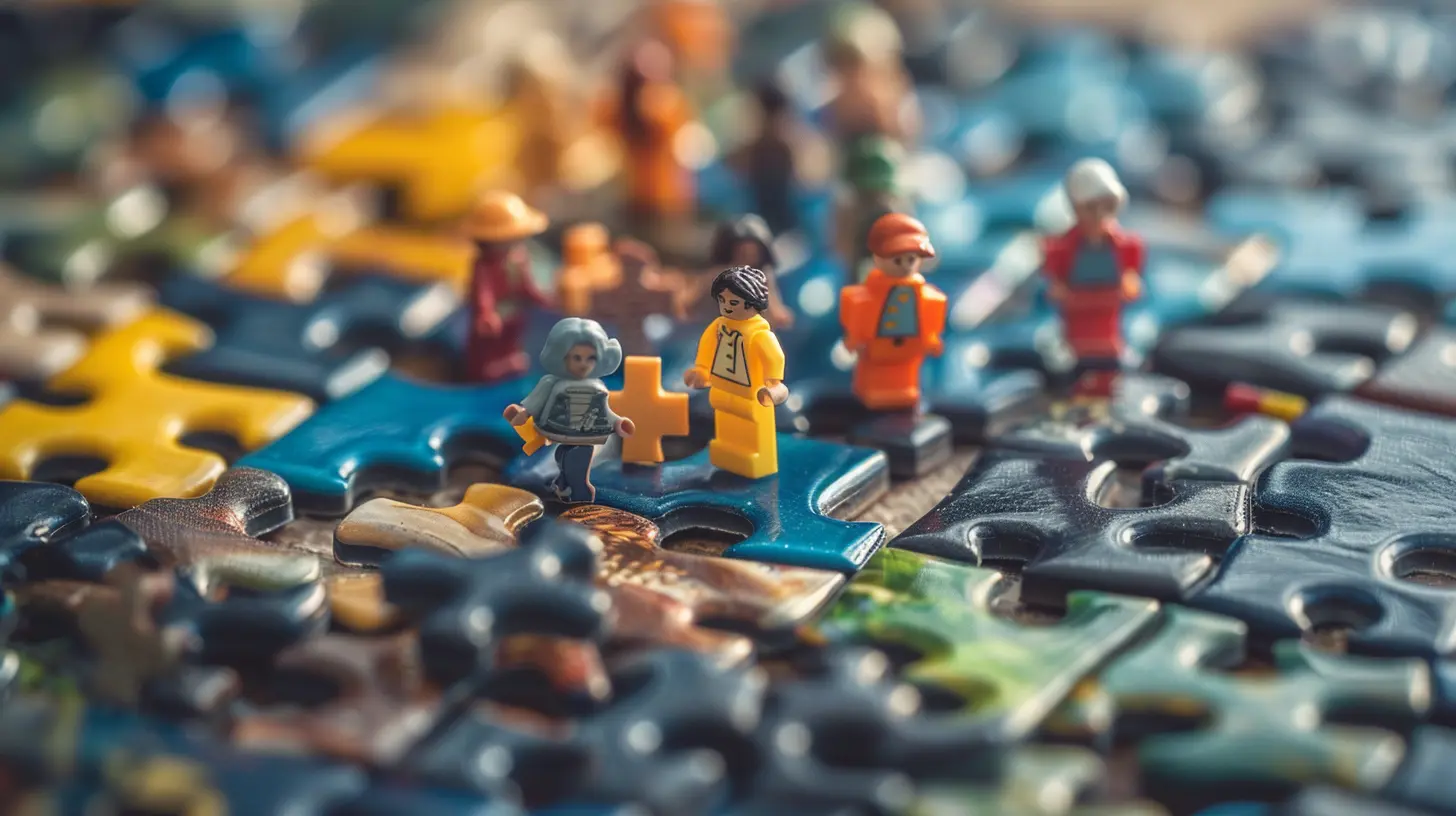
The Psychology Behind the Popularity
So, why do we love these games so much?It’s simple: they tap into our natural desire for connection. We humans are wired to relate—whether it’s being part of a family, making friends, or handling day-to-day social scenarios. Social simulation games provide a safe space to do all that, minus the real-world stakes.
Think about it: in a game like The Sims, you can mess up a date, quit jobs like socks, or even woohoo with a stranger, and guess what? No judgment, no consequences. Just reset.
They give us control over social outcomes we can’t always control in real life. That’s not just cool—it’s therapeutic.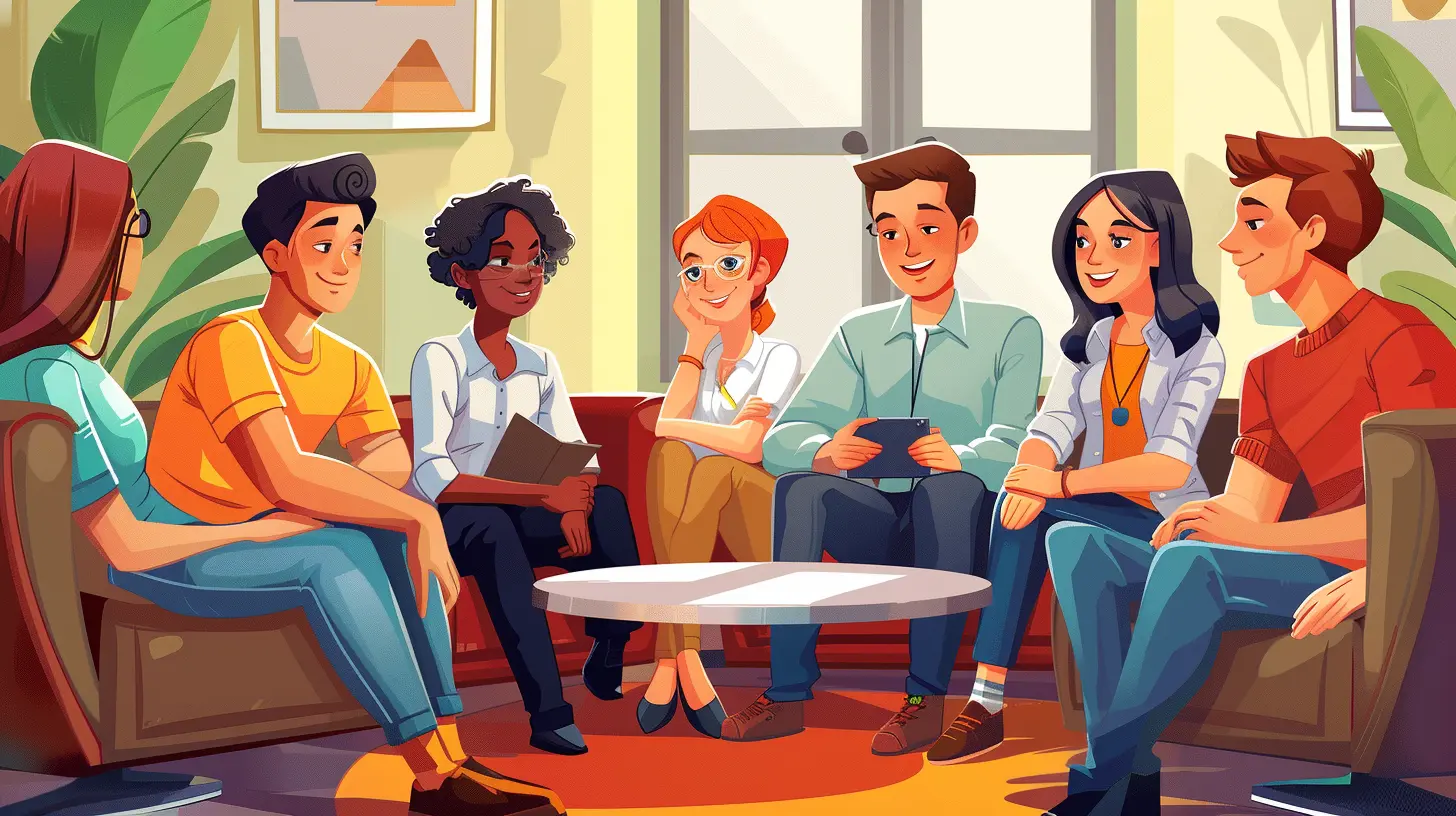
Building and Managing Relationships
Let’s get to the heart of it—social interaction.Friendships and Rivalries
Just like in real life, these games let friendships blossom over time. Hang out with a character often enough, give them gifts, maybe share a deep conversation—and boom, besties. But neglect them, break promises, or steal their thunder? Welcome to pixelated drama.This reflects real-world relationships, where trust and time are key. These games brilliantly mimic how bonds are formed—and broken.
Romantic Dynamics
Yes, virtual love lives are a thing. And they can get surprisingly detailed.In games like Stardew Valley or Persona series, players can woo characters, go on dates, even get married. The courting process usually involves gifts, dialogue choices, and compatibility.
Sure, it’s not as sweaty-palmed as a real first date, but it still captures the essence—timing, effort, and emotional investment.
Conflict and Resolution
Ever had a villager in Animal Crossing get mad you ignored them for a week? Or a Sim get furious over a breakup? These moments—though cute and pixelated—represent real emotional dynamics.Handling conflict, apologizing, or choosing diplomacy over drama can teach (or at least remind) us how to navigate real social dilemmas. Who knew gaming could make you emotionally intelligent?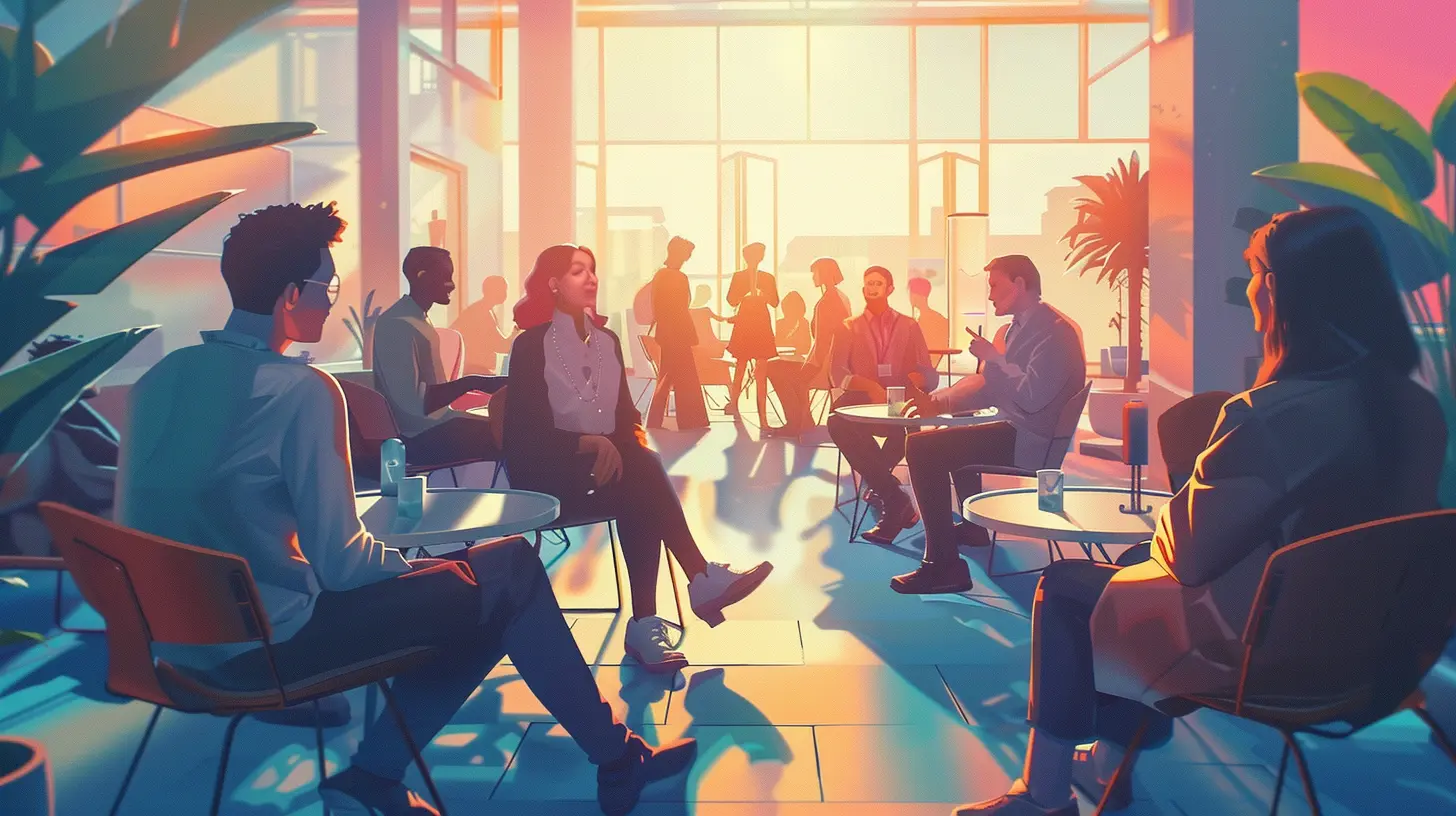
Decision-Making and Consequences
One of the deeper truths about life is that our choices matter. And social simulation games echo that perfectly.Whether it’s deciding to help a friend in need, choosing sarcasm over sincerity in a conversation, or skipping your Sim’s birthday party—your actions affect the virtual world around you.
Games like Life is Strange (though more narrative-driven) beautifully show how tiny decisions can ripple into big consequences. This mirrors how our everyday choices influence our relationships and outcomes in real life.
It’s almost like a sandbox version of “what if?”
Cultural and Societal Reflections
Social simulation games don’t exist in a vacuum. They often reflect the culture and values of the real world—or an idealized version of it.Representation and Diversity
Modern social sims are getting better at offering diverse characters and letting players customize their identity. Gender fluidity, same-sex relationships, racial diversity—it’s all becoming more common.This mirrors our expanding awareness and acceptance in real life. And for many players who don’t see themselves represented in traditional media, these games offer a space to be seen and heard.
Socioeconomic Dynamics
Ever try to buy furniture in The Sims on a minimum-wage virtual job? It’s rough. These games often simulate economic challenges—budgeting, working multiple jobs, paying rent. Sound familiar?They reflect the grind many of us face and sometimes even offer commentary on it. Gotta admit, there's something cathartic about making your Sim rich with a cheat code and buying a mansion. Wish real life had that.
Emotional Engagement and Empathy
Now here’s where it gets deep.Social simulation games have a way of forging emotional bonds between players and in-game characters. Don’t believe me? Ask any Animal Crossing fan who cried when their favorite villager moved away.
These emotional hooks aren’t accidental. The more time we spend with these characters, the more real they feel.
Games like Spiritfarer literally deal with loss—helping spirits pass on—and it's heart-wrenching in a way few titles dare to be. These experiences tap into real emotions, helping players process feelings like grief, joy, and love in a safe, manageable space.
Learning Social Skills Through Gameplay
Believe it or not, these games aren’t just entertainment—they can be educational in sneaky ways.Communication Skills
Navigating conversations in games can improve language skills, decision-making, and empathy. Players learn to read social cues, respond thoughtfully, and consider consequences—just like in real conversations.Conflict Resolution
Games let players rehearse difficult scenarios—like breakups, confrontations, or misunderstandings—and learn from them. You can try different approaches, fail safely, and grow. It's social training wheels, if you ask me.Time Management
Many social sims operate on real time or simulate daily schedules. Balancing relationships, work, sleep, and fun? That’s a life skill if I’ve ever seen one.Escapism Meets Realism
One of the biggest appeals of social simulation games is the blend of realism and escape. They offer a version of life that’s simpler, more forgiving, and often more beautiful.Sure, you’ll still face heartbreak and rainstorms, but you can tackle them in a world where everything is under your control. Need a break from adulting? Build a dream house. Feeling lonely? Visit your virtual friends.
It’s like life, but with cheat codes.
How Developers Craft Realistic Social Mechanics
Behind the scenes, it takes serious effort to simulate real-life dynamics.Developers use complex algorithms, dialogue trees, and AI-driven behaviors to create believable social interactions. Characters remember past conversations, react emotionally, and adapt based on your choices.
Games like The Sims use moodlets and AI routines to mimic human emotions. Animal Crossing’s villagers have personalities that subtly evolve. It’s not just coding—it’s digital sociology.
And as tech advances, we’re seeing even more depth, with games incorporating voice recognition, procedural storytelling, and adaptive AI. The line between simulation and reality is blurring more every year.
The Future of Social Simulation Games
So, what’s next?We’re already seeing virtual reality (VR) take simulation to another level. Imagine having a heart-to-heart with a lifelike NPC in VR, complete with body language and voice tones.
AI-driven conversation could allow characters to evolve dynamically, not just following pre-written scripts but reacting uniquely every time you play.
The metaverse (yes, that buzzword again) promises interconnected social spaces where simulation and real interaction blend seamlessly. It’s like Sims meets real-life Zoom meetings—with less awkward small talk, hopefully.
Conclusion: More Than Just Games
Social simulation games do more than pass the time—they hold up a mirror to how we live, love, and connect.They help us explore our identities, make sense of our relationships, and maybe even understand ourselves a little better. Whether we’re dancing at a virtual wedding or arguing with a digital roommate, we’re engaging with something deeply human.
So, next time you boot up your favorite sim, remember—you’re not just playing. You’re practicing life.
all images in this post were generated using AI tools
Category:
Games And Social SkillsAuthor:

Aurora Sharpe
Discussion
rate this article
2 comments
Peyton Conrad
This article aptly highlights how social simulation games mirror real-life interactions. They not only entertain but also provide insights into human behavior, relationships, and decision-making. It’s fascinating to see how virtual scenarios can enhance our understanding of real-world dynamics.
January 25, 2026 at 6:08 PM

Aurora Sharpe
Thank you for your insightful comment! I'm glad you found the connections between social simulation games and real-life interactions intriguing. They truly offer a unique lens to explore human behavior and relationships.
Kason McFadden
Fascinating perspective! How do you think these games reshape our understanding of empathy and social dynamics in real life?
August 25, 2025 at 4:18 AM

Aurora Sharpe
Thank you! These games allow players to explore diverse perspectives and scenarios, fostering empathy by immersing them in diverse social dynamics, ultimately enhancing our understanding of real-life interactions.
